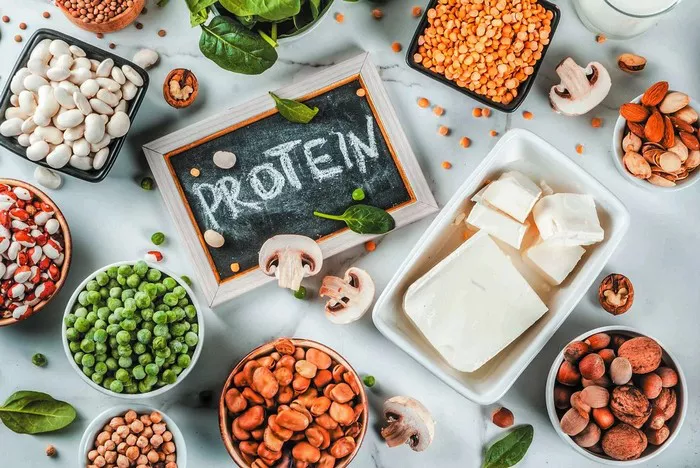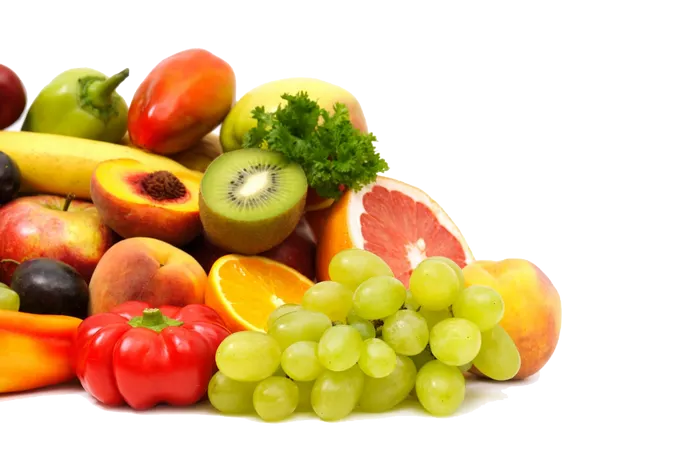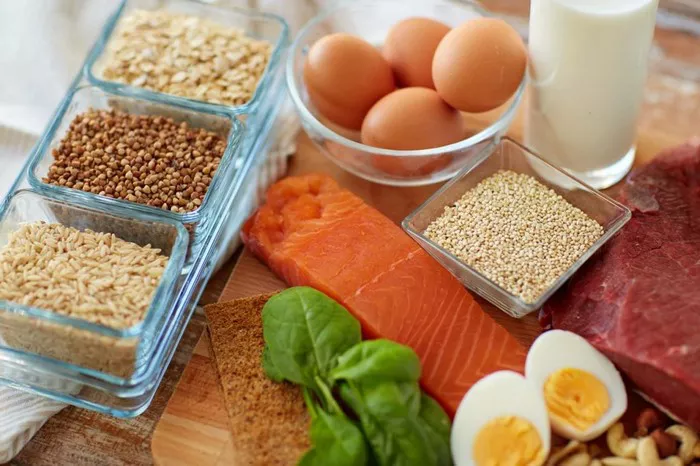Protein is a vital macronutrient necessary for muscle repair, hormone production, and overall health. For vegetarians, obtaining adequate protein through a plant-based diet is a common concern. This article explores various vegetarian protein sources, their nutritional profiles, and how to incorporate them effectively into your diet.
The Role of Protein in the Body
Protein Functions and Health Benefits
Protein plays a crucial role in almost all biological processes in the body. It aids in building and repairing tissues, acts as a building block for bones, muscles, cartilage, skin, and blood, and is involved in the creation of enzymes and hormones. Consuming adequate protein is essential for maintaining muscle mass, supporting metabolic functions, and ensuring a healthy immune system.
High-Protein Vegetarian Foods
Legumes: A Cornerstone of Vegetarian Protein
Types and Benefits
Legumes such as lentils, chickpeas, peas, and various types of beans are some of the most protein-rich foods available in a vegetarian diet. For example, cooked lentils provide about 18 grams of protein per cup. They are also excellent sources of fiber, iron, folate, magnesium, potassium, and several B vitamins.
Preparation and Cooking Tips
Legumes can be incorporated into diets in various forms such as whole beans, sprouts, or as flours. They are versatile and can be used in soups, stews, salads, and dips like hummus. Pre-soaking beans can improve digestibility and reduce cooking times.
Grains: More Than Just Carbs
Protein-Packed Grains
While grains are primarily known for their carbohydrate content, many also provide significant amounts of protein. Quinoa, for instance, offers about 8 grams of protein per cup and is a complete protein, meaning it contains all nine essential amino acids. Other protein-rich grains include amaranth, spelt, and teff.
Incorporating Grains into Meals
Grains are extremely versatile and can serve as the base for a variety of dishes. Quinoa can be used in place of rice in recipes, added to salads, or used to make vegetarian burgers. Similarly, amaranth and teff can be used in porridges, pilafs, and baked goods.
Nuts and Seeds: Nutrient-Dense Protein Sources
Varieties and Nutritional Profiles
Nuts and seeds are not only rich in protein but also contain healthy fats, fiber, vitamins, and minerals. Almonds, for example, provide about 6 grams of protein per ounce, while chia seeds offer about 5 grams of protein per ounce. These foods are also excellent sources of antioxidants and omega-3 fatty acids.
Using Nuts and Seeds in the Vegetarian Diet
Nuts and seeds can be eaten raw or toasted as a snack, blended into smoothies, mixed into yogurt, or used as a topping for salads and cereals. Nut butters, such as almond or peanut butter, can also be a delicious way to add protein to meals and snacks.
Dairy and Eggs: High-Quality Protein for Lacto-Ovo Vegetarians
Benefits of Dairy and Eggs
For those vegetarians who include dairy and eggs in their diet, these are fantastic sources of high-quality protein. Eggs provide about 6 grams of protein each and contain all the essential amino acids needed by the body. Dairy products like milk, cheese, and yogurt are also high in protein and other important nutrients like calcium, vitamin D, and potassium.
Creative Ways to Include Dairy and Eggs
Eggs can be prepared in numerous ways, such as boiled, scrambled, or poached. Dairy products are equally versatile, finding their place in breakfast cereals, smoothies, sauces, and desserts.
Addressing Protein Complementation
Understanding Amino Acid Profiles
Vegetarian diets often rely on protein complementation to ensure a complete amino acid profile. This involves combining different plant-based protein sources that, when eaten together, provide all the essential amino acids. For instance, rice and beans are complementary proteins commonly consumed together.
Meal Planning for Optimal Protein Intake
It is important for vegetarians to plan meals that cover a variety of protein sources to meet their nutritional needs. This can include a mix of legumes, grains, nuts, seeds, and if applicable, dairy and eggs.
Challenges and Considerations in a Vegetarian Diet
Potential Nutrient Deficiencies
Vegetarians might face challenges in consuming adequate levels of certain nutrients like vitamin B12, iron, calcium, omega-3 fatty acids, and zinc. These nutrients are typically found in high amounts in animal products and may be less bioavailable in plant sources.
Strategies for Avoiding Deficiencies
Including fortified foods or supplements, especially for nutrients like vitamin B12, and focusing on iron-rich foods paired with vitamin C to enhance absorption, are strategies that can help address these potential deficiencies.
Conclusion: Balancing a Vegetarian Diet for Protein and Health
A vegetarian diet can adequately meet protein needs through careful planning and incorporation of a variety of protein-rich plant foods. By understanding the protein content and health benefits of legumes, grains, nuts, seeds, and dairy products, vegetarians can enjoy a nutritious diet that supports overall health and well-being. Regularly incorporating these foods into meals ensures that protein intake is sufficient and that the diet remains balanced and enjoyable.
[inline_related_posts title=”You Might Be Interested In” title_align=”left” style=”list” number=”6″ align=”none” ids=”8169,8081,7997″ by=”categories” orderby=”rand” order=”DESC” hide_thumb=”no” thumb_right=”no” views=”no” date=”yes” grid_columns=”2″ post_type=”” tax=””]
































